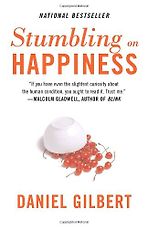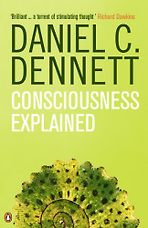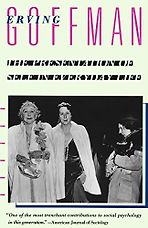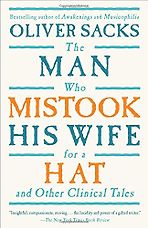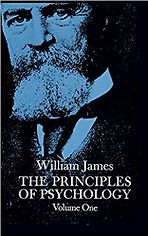Recommendations from our site
“Freud is a very relevant figure to this discussion. The limits of progress are in the flaws and divisions of human nature, which are integral to being human. The way Freud represents this in a number of his works, including Civilisation and Its Discontents, is to say that there are a variety of instincts – a very unpopular term now which may not be scientifically valid – from benevolence and love on the one hand to violence and aggression on the other, which are equally part of the human animal.” Read more...
Critiques of Utopia and Apocalypse
John Gray, Philosopher
“It is relatively easy to read as a stand-alone text and it addresses what we mean by civilisation and what the cost to us is of being civilised. It is partly Freud’s attitude that makes him so remarkable – his capacity for detached observation. I don’t mean cold and indifferent but it is a psychological achievement to take in as much as he can in as unbiased a way as possible. He takes a long look at civilisation, embracing within that the cost to the individual, a cost we continue to pay. He writes: ‘We have taken care not to concur with the prejudice that civilisation is synonymous with a trend towards perfection.’ This laconic style is typical of the way Freud writes. He means that in order to be civilised we have to repress certain sexual and destructive desires and the very powerful forms of rivalry that are inherent in all of us – for the group to function together. Inevitably the cost to the individual is expressed in neurosis.” Read more...
The best books on Psychoanalysis
David Bell, Psychologist





